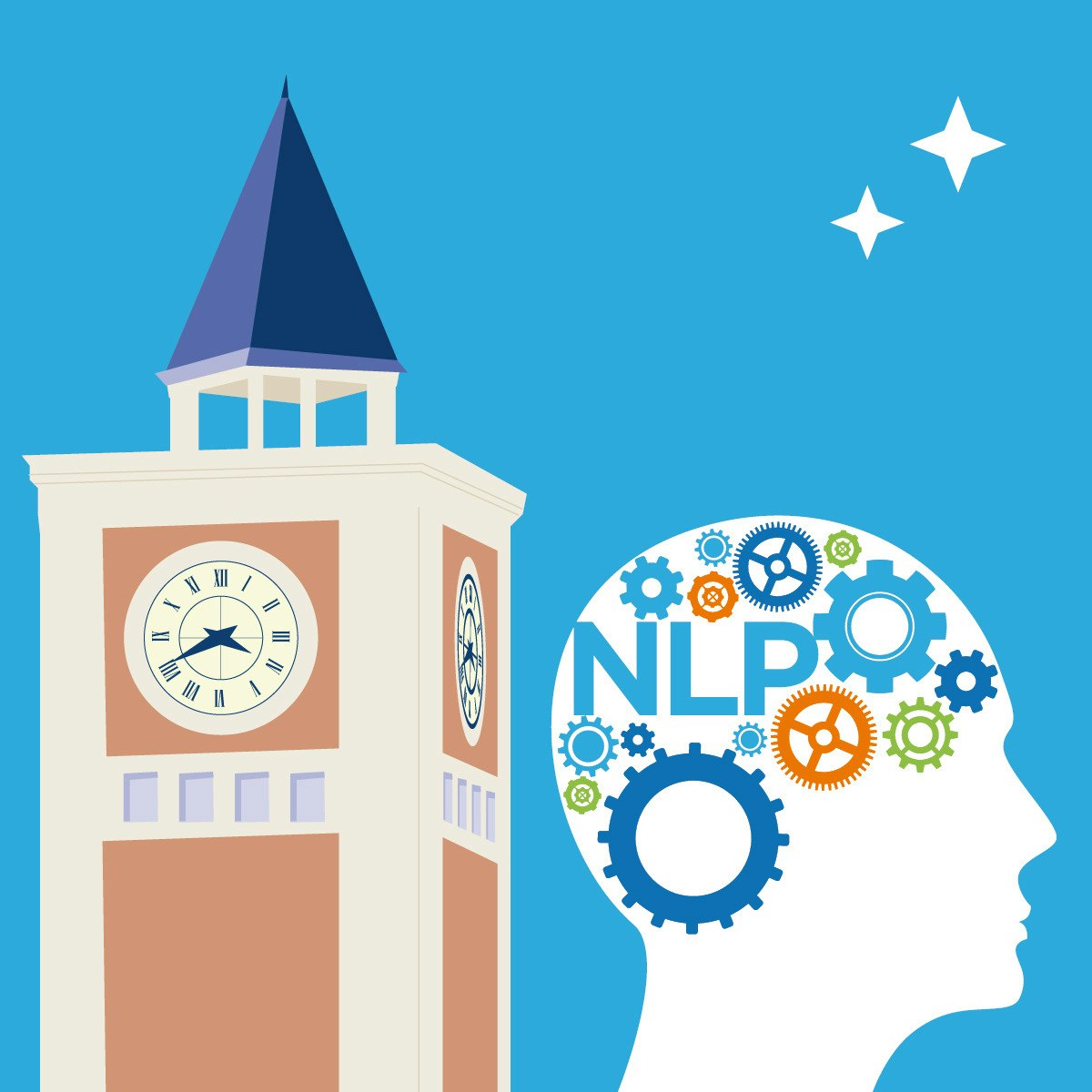
Este curso te brindará los conocimientos necesarios para la implementación de algoritmos de NLP. Mediante el uso de los últimos algoritmos más populares en NLP se procederá a dar solución a un conjunto de problemas propios del área.
Para realizar este curso es necesario contar con conocimientos de programación de nivel básico a medio, deseablemente conocimiento básico del lenguaje Python y es recomendable conocer los Jupyter Notebooks en el entorno Anaconda.
Read more
Este curso te brindará los conocimientos necesarios para la implementación de algoritmos de NLP. Mediante el uso de los últimos algoritmos más populares en NLP se procederá a dar solución a un conjunto de problemas propios del área.
Para realizar este curso es necesario contar con conocimientos de programación de nivel básico a medio, deseablemente conocimiento básico del lenguaje Python y es recomendable conocer los Jupyter Notebooks en el entorno Anaconda.
Este curso te brindará los conocimientos necesarios para la implementación de algoritmos de NLP. Mediante el uso de los últimos algoritmos más populares en NLP se procederá a dar solución a un conjunto de problemas propios del área.
Para realizar este curso es necesario contar con conocimientos de programación de nivel básico a medio, deseablemente conocimiento básico del lenguaje Python y es recomendable conocer los Jupyter Notebooks en el entorno Anaconda.
Para desarrollar aplicaciones se va a utilizar Python 3.6 o superior. Alternativamente se puede utilizar el entorno de Anaconda con la misma versión de Python.
Como editor de código, los ejemplos van a ser editados en el Notebook de Anaconda, pero el alumno puede utilizar cualquier editor de texto que reconozca notebooks de Anaconda.
Librerías que es necesario tener instaladas para realizar el curso: NLTK, Scikit-learn, Spacy y TensorFlow.
What's inside
Syllabus
Conceptos básicos de aprendizaje automático y aprendizaje profundo
Este módulo te permitirá obtener los conocimientos necesarios para poder diferenciar los diversos tipos de algoritmos que se utilizan en NLP; basados en aprendizaje automático y aprendizaje profundo
Read more
Syllabus
Good to know
Save this course
Activities
Organizar y revisar notas del curso
Show steps
Mejorar la retención al revisar y organizar las notas del curso.
Show steps
-
Recopilar notas de conferencias, lecturas y actividades
-
Organizar las notas por temas o módulos
-
Revisar las notas regularmente
Participar en sesiones de estudio en grupo
Show steps
Mejorar la comprensión mediante la discusión y la colaboración con compañeros.
Show steps
-
Formar un grupo de estudio
-
Establecer un horario y lugar de reunión
-
Revisar los temas del curso
-
Discutir problemas y proyectos
-
Apoyarse mutuamente en el aprendizaje
Show all two activities
Organizar y revisar notas del curso
Show steps
Mejorar la retención al revisar y organizar las notas del curso.
Show steps
- Recopilar notas de conferencias, lecturas y actividades
- Organizar las notas por temas o módulos
- Revisar las notas regularmente
Participar en sesiones de estudio en grupo
Show steps
Mejorar la comprensión mediante la discusión y la colaboración con compañeros.
Show steps
- Formar un grupo de estudio
- Establecer un horario y lugar de reunión
- Revisar los temas del curso
- Discutir problemas y proyectos
- Apoyarse mutuamente en el aprendizaje
Career center
Data Scientist
Machine Learning Engineer
Computational Linguist
Natural Language Processing Scientist
NLP Researcher
NLP Architect
UX Designer
Market Researcher
Information Architect
Content Strategist
SEO Specialist
Business Analyst
Software Engineer
Product Manager
Technical Writer
Reading list
Share
Similar courses
OpenCourser helps millions of learners each year. People visit us to learn workspace skills, ace their exams, and nurture their curiosity.
Our extensive catalog contains over 50,000 courses and twice as many books. Browse by search, by topic, or even by career interests. We'll match you to the right resources quickly.
Find this site helpful? Tell a friend about us.
We're supported by our community of learners. When you purchase or subscribe to courses and programs or purchase books, we may earn a commission from our partners.
Your purchases help us maintain our catalog and keep our servers humming without ads.
Thank you for supporting OpenCourser.



